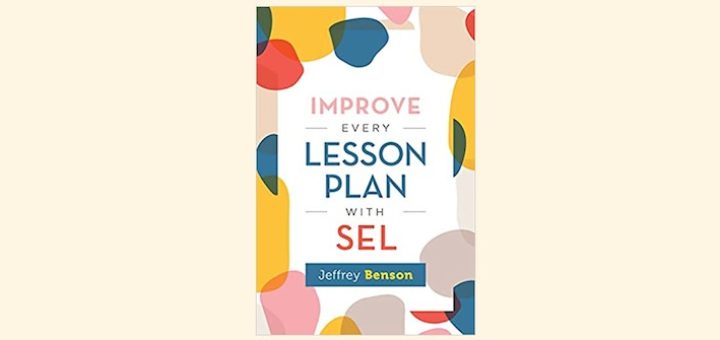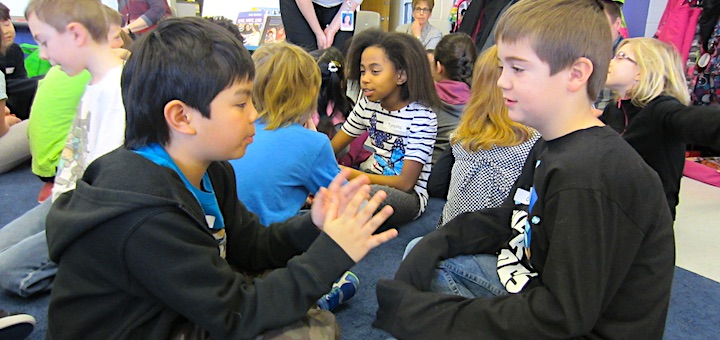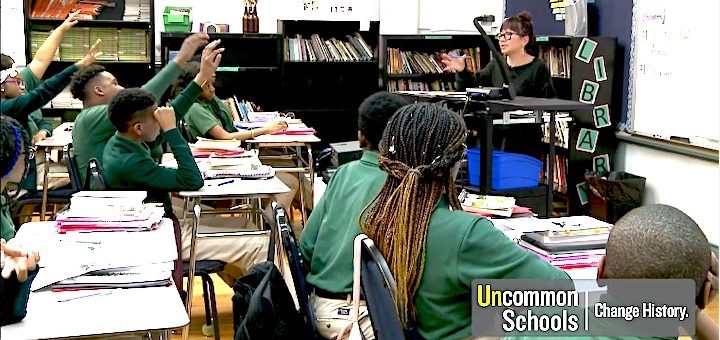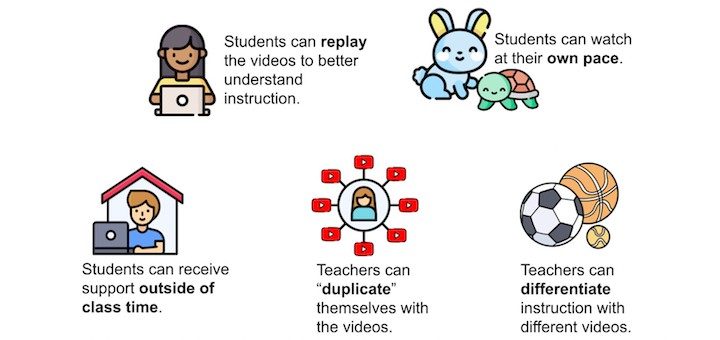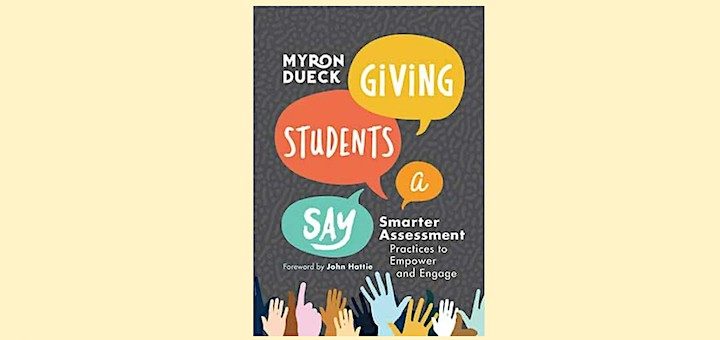Teaching and learning in grades 4-8
Jeffrey Benson’s book is the perfect supplement to any school or district’s SEL program. The book offers ready-to-use advice for SEL implementation, writes Michael DiClemente, and will be especially welcomed by educators apprehensive about adding any more to their plate.
Bouncing off a family session of Scattergories gone wrong, Curtis Chandler considers how to tap into multilingual learners’ interest in games and competition – including challenging tasks – by offering opportunities to play with and practice new skills in collaborative settings.
Writing is often overlooked as a positive way to help students and educators relieve stress, explore inner feelings, process their thinking and stretch their imaginations. Everyone at school is busy, writes Jeremy Hyler, but reflective writing is too powerful to put aside.
Classroom discourse is an opportunity for students to develop voice, advocate positions, and build collective understanding. Paul Bambrick-Santoyo and Stephen Chiger show how teacher Vy Graham structures and prepares for discourse so all her students experience it equitably.
Co-editors John Norton and Susan Curtis highlight 15 of MiddleWeb’s most popular posts for middle level educators during the past 12 months. You’ll find articles that were new in 2021 or rediscovered and shared widely in this second “weirdest year ever.”
Frank Buck revisits the Wild West movie days in his quest to help educators defy the daily deluge of unsolicited or redundant email that steals their time. Get the details on how to circle the wagons, energize the pony express, and deny those emails entry to your inbox.
Middle grades teacher Kathleen Palmieri shows how Google’s Applied Digital Skills videos and lesson plans can help students in grades 5-12 tap the power of Google Docs and the Google Drive to learn portable skills like digital collaboration, file sharing, and organization.
When administrators use their instructional coaches effectively, writes AP DeAnna Miller, they can watch the culture in their buildings shift to one of positivity and engagement. Without clear guidelines and indepth PD for coaches AND leaders, expect mistrust and dissent.
Language specialist Tan Huynh explains how to use short teacher-made video tutorials to ‘duplicate’ yourself so you can be ‘in 20 places at once’ – responding to students’ questions during class and providing support at home and in study hall. A real help to multilinguals.
In Giving Students a Say principal Myron Dueck details key research-based reasons why students should have a say in assessing their progress. Dueck’s helpful tools and strategies can be used to effectively create student-centered assessments, writes reviewer Jennifer Wirtz.

